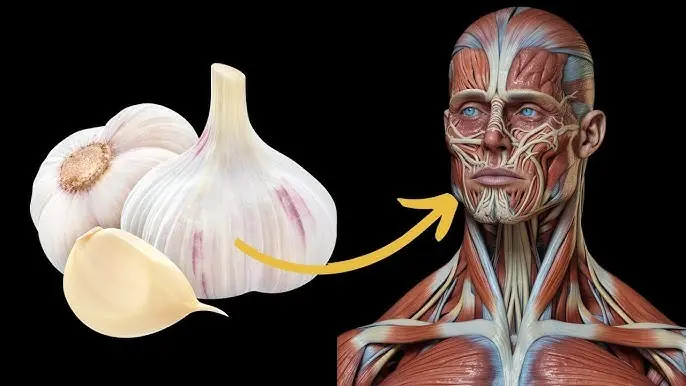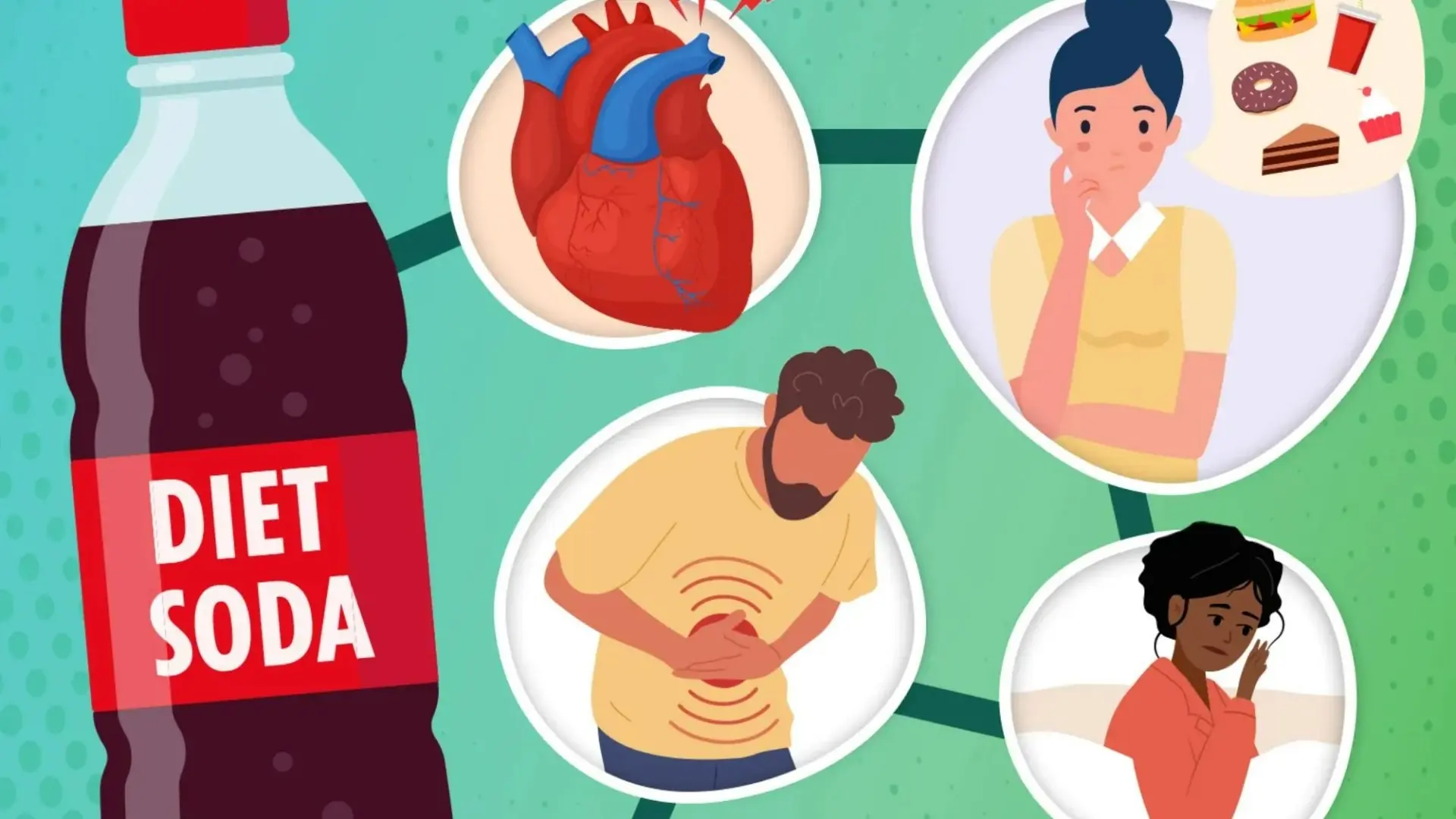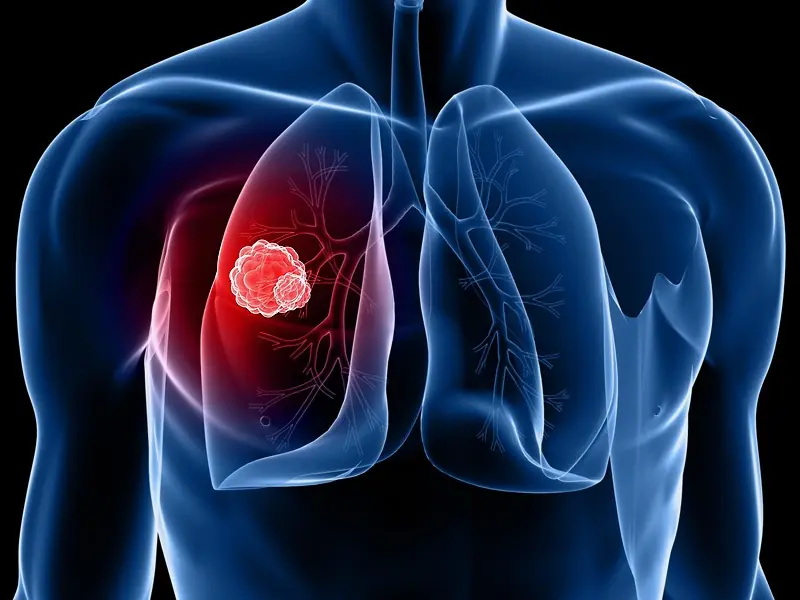
Getting up to pee often in the night could be a symptom linked to heart failure, research says
Waking up frequently during the night to urinate, a condition known as nocturia, is something that many people experience as they age. It is commonly attributed to factors such as excessive fluid intake before bed or a sign of aging. However, recent research has shown that getting up to pee often at night could be a symptom linked to a more serious underlying health issue—heart failure. This revelation has raised concerns among healthcare professionals, as nocturia might be an early indicator of heart problems, particularly in individuals who may not yet be aware of their heart condition.
The Connection Between Heart Failure and Nocturia
Heart failure is a condition where the heart is unable to pump blood efficiently throughout the body. This results in the accumulation of fluid in the body, particularly in the lower extremities, leading to swelling. When a person lies down to sleep, gravity no longer keeps the fluid in the legs, and it begins to redistribute throughout the body, including the kidneys. This increased fluid volume can trigger a greater need for urination, especially during the night.
According to recent studies, nocturia could be one of the first warning signs that a person’s heart is struggling to function properly. A study published in the European Heart Journal in 2020 found that people who experience frequent nighttime urination are at a higher risk of heart failure, even if they do not yet show other classic symptoms such as shortness of breath or fatigue. This is because the process of fluid redistribution during sleep can put a strain on the kidneys and exacerbate symptoms of heart failure. As a result, nocturia is now being considered a potential early symptom that could help doctors identify heart issues earlier in their progression.
Why Does Nocturia Occur?
The main reason why heart failure can lead to nocturia is the body’s inability to manage fluid properly. When the heart is weak, it cannot pump blood efficiently, which causes blood to pool in the veins and tissues, particularly in the legs and abdomen. As a person lays down to sleep, the body redistributes this accumulated fluid. The kidneys, which filter blood and remove excess waste, are now processing a larger volume of fluid, leading to increased urine production. This is particularly noticeable during the night, when the body’s circulation and metabolism slow down, causing the kidneys to work harder.
Additionally, people with heart failure often have compromised kidney function, which makes the kidneys less effective at handling excess fluid. As a result, they may experience more frequent urination, particularly at night. This process, known as "nocturnal polyuria," is commonly observed in individuals who are experiencing early stages of heart failure.
Nocturia as an Early Warning Sign
While many people brush off frequent nighttime urination as a minor inconvenience or an effect of aging, it’s important to recognize that it could be an early warning sign of heart failure. In fact, recent studies suggest that nocturia may precede other, more obvious symptoms of heart failure, such as swelling in the legs, difficulty breathing, and fatigue. This makes it a valuable symptom to watch out for, especially in older adults who are at higher risk of developing heart problems.
By paying attention to patterns of nighttime urination and seeking medical advice when this issue arises, individuals may be able to catch heart failure early, before it progresses to a more serious and irreversible stage. A healthcare professional may conduct tests, such as an echocardiogram or a blood test, to evaluate the heart's function and diagnose any underlying heart conditions. Early diagnosis can lead to more effective treatment options and improve the quality of life for those affected.
Other Factors to Consider
It’s important to note that while nocturia could be linked to heart failure, it is not the only potential cause. Other factors such as urinary tract infections (UTIs), diabetes, or an enlarged prostate in men could also contribute to frequent urination at night. As such, it’s essential to consult with a healthcare provider to rule out other causes before jumping to conclusions about the heart’s health.
Additionally, lifestyle factors such as excessive alcohol or caffeine consumption, or taking medications that increase urine production, could also contribute to nocturia. Therefore, it’s crucial to monitor other symptoms that may accompany nocturia, such as shortness of breath, dizziness, or swelling, to get a clearer picture of what might be going on.

What Can You Do?
If you find yourself waking up multiple times during the night to use the bathroom, it’s important not to dismiss this symptom as a normal part of aging or a minor inconvenience. Consider tracking how often you get up to urinate, and note any other symptoms, such as fatigue, swelling, or shortness of breath. If you experience any of these, it’s crucial to see a doctor for a full evaluation. Early detection of heart failure or other conditions can help prevent further complications and improve your overall health.
In the meantime, lifestyle changes, such as reducing fluid intake before bedtime, limiting caffeine and alcohol consumption, and elevating the legs during the day to reduce swelling, may help manage nocturia. However, these measures should not be a substitute for proper medical care if an underlying condition like heart failure is suspected.
Conclusion
Getting up to pee often in the night is more than just a nuisance—it could be a warning sign of something much more serious, such as heart failure. The connection between nocturia and heart health underscores the importance of paying attention to the body’s signals and seeking medical advice if needed. By recognizing the potential link between nocturia and heart failure, individuals can take proactive steps to protect their health and catch any underlying conditions before they worsen.
News in the same category


10 Cancer Warning Signs Women Often Overlook

Things That No One Ever Tells You About Being A Functional Alcoholic

Natural Remedies for Sore Throat and Infections: Detailed Recipes, Tips, and More

To Know If Your Internal Organs Are Infected, Just Look at Your Feet. If There Are 3 Signs, You Need to Go to the Emergency Room

Natural Remedies for Snoring: How Leaves Can Help You Sleep Better

The Incredible Health Benefits of Bitter Melon Leaves

Unlock the Secret Power of Guava Leaves: Transform Your Hair, Skin, and Health Naturally

A Single Tomato Has Over 12,000 More Genes Than a Human

Growing Organs from Your Own Cells

RESEARCHERS FIND CANCER UNDO BUTTON, TURNING TUMOR CELLS BACK INTO NORMAL CELLS

WHEN YOU DON'T SLEEP WELL, YOUR BRAIN LITERALLY BEGINS EATING ITSELF

Neurologist Reveals The Single Scariest Thing People Are Doing To Their Brains

15 Incredible Benefits of Castor Leaves for Men and Women Over 30

Whiten Teeth With Carrot Ends Brings Surprising Benefits You’ll Love

Rosemary contains a compound that can help fight Alzheimer's disease

Raw Garlic Before Bed? Here’s What It Does to Your Body!

8 Detrimental Effects Soda Can Have On Your Body

20 Early Warning Signs of Cancer You Should Never Ignore
News Post

One year ago: Discovering the Hidden Potential of Basil Flowers – Everything You Can Do With Them.

How dare you even touch the patient

My mother-in-law, who works with me, humiliated me in front of the entire office

The experienced doctor was only hired as a nurse after prison

If the future mother-in-law had known that the groom was from a wealthy family

She hadn’t even managed to say “I do!” at the registry office

Her mother-in-law opened the box, peered inside, and blushed

Quiet Ksyusha told all her husband’s relatives off with a few choice words

After the betrayal by his wife and his so-called friends

So, according to you, is it normal to rummage through a purse

Mom, you’re just a pauper!» Pashka shouted, slamming the door of his room.

Blind herbalist from a remote village lost her gift of speech

The terminally ill son of wealthy parents married a naive girl, and she took him

10 Cancer Warning Signs Women Often Overlook

Vera couldn’t take her eyes off the sign that read “Operating Room.”

Having arrived to visit her sister 30 minutes early, Vera dashed into the house and froze at what she saw.

Things That No One Ever Tells You About Being A Functional Alcoholic

Natural Remedies for Sore Throat and Infections: Detailed Recipes, Tips, and More
